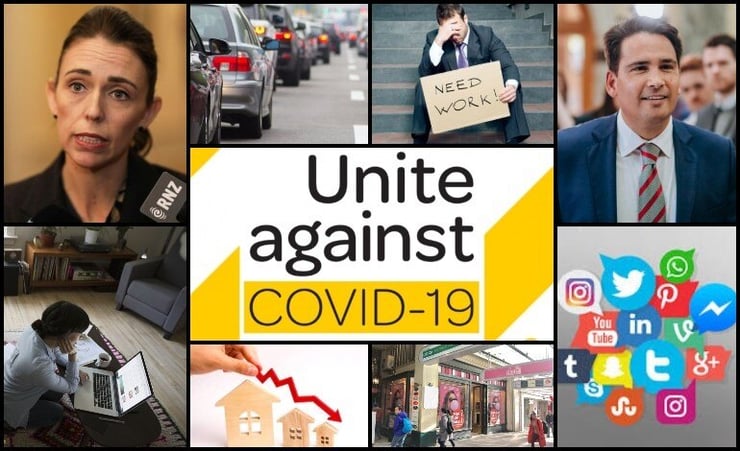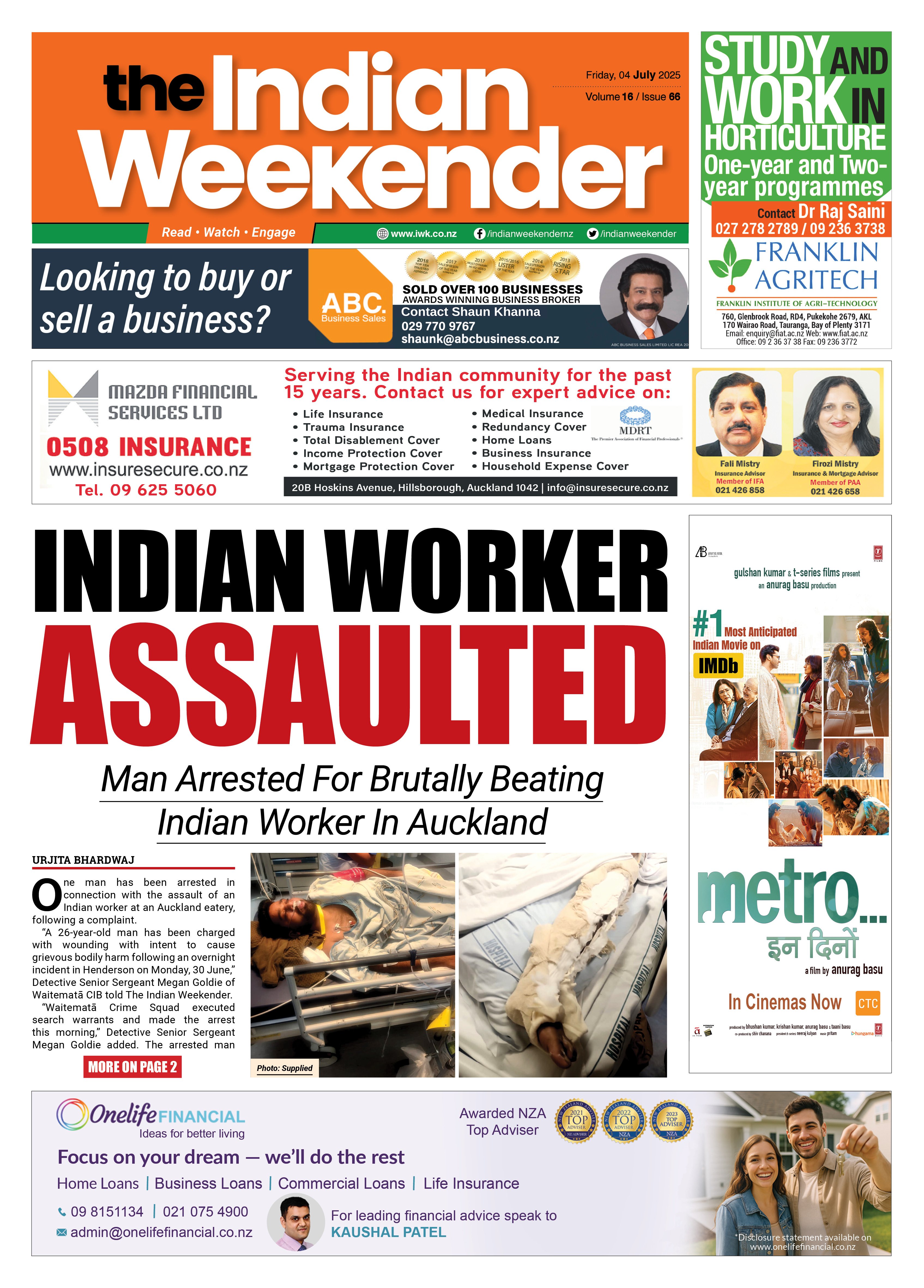The ten things that Covid-19 is set to change

These are unprecedented times that almost nobody would have ever imagined possible even as recently as a few weeks ago. It’s like being in a Hollywood apocalypse flick, only with the buildings still standing.
As New Zealand transits into the second week of its as-of-now four-week lockdown, we’ve been reading the tea leaves from endless cuppas that separate work emails from dishwashing; Skype calls from Zoom chillouts; sombre news headlines from laugh-out-loud TikToks and virtual globetrotting from lonesome walks around the block.
Here’s how we think things will inevitably change in our blessed corner of the world as a result of Covid-19 and the long, arduous and undoubtedly fraught recovery process:
1. More power to government: The effects of Covid-19 will need long-time government support and it will be required to do everything it can in its power to commandeer the country and its economy out of this hole. It will be able to use emergency powers to legislate if necessary, with little debate if any. All decisions it takes will be justifiable in the interests of keeping Kiwis safe and healthy – even if it continues to adversely affect the economy.
2. Realpolitik in suspended animation: Despite being an election year, politicking and realpolitik will take a backseat for a while. Parties will walk on eggshells for the foreseeable future while critiquing Covid-19 related policy lest their pronouncements be seen at these times of heightened sensitivity as politically expedient posturing. Like it or not, the Prime Minister’s popularity will remain high. And like it or not, the Opposition will be obliged to be seen working closely with the government.
3. Privacy challenges: The secret to Singapore’s and Taiwan’s success in controlling Covid-19 is their use of mobile technology for contact tracing. New Zealand still does it manually, which is extremely inefficient and time-consuming in comparison. Kiwis must expect legislation to come through sooner rather than later for the government to be able to access location records of Kiwis to determine Covid-19 clusters and hotspots as it contemplates lifting the lockdown.
4. Social cohesion challenges: Social distancing and self-isolation will take their toll on society and its mental makeup. Expect more unpleasant behavior in public as people perceive the extent of their personal spaces differently; dob one another for perceived violations; face increasing inconveniences while carrying out common tasks like shopping and commuting. There will also be increased racial tensions. The long-celebrated Kiwi bonhomie will be challenged.
5. Decline of workspaces and commuting to work: As employees and companies discover that it is possible to keep working remotely, office spaces will lose their importance and flexible work schedules will become more mainstream. The education sector will make a similar discovery. This might well result in a sharp decline in peak traffic times easing public transport pressure but affecting their revenues because of declining patronage.
6. Irrevocable changes in the retail scape: Many retail businesses including cafes and restaurants will not make it to the other side of the lockdown. Shuttered and vacant retail space on main streets, suburbs and even malls will be common – something which had begun snowballing in the western world even before Covid-19, with gigantic malls being repurposed into residential apartments especially in the US.
7. Unemployment will skyrocket: As New Zealand comes out of the lockdown unemployment is forecast to hit double digits. Tourism, hospitality and their ancillary sectors will see a large pool of unemployed as the sectors begin the long road to recovery, which might take several years. New Zealand’s once-vibrant services sector will see the biggest rates of unemployment. The flow-on effects will severely curtail discretionary spending affecting almost every sector in the economy.
8. Investment will suffer: The value of most Kiwis’ favourite investment – real estate – is expected to fall as much as seven per cent. With job losses and unemployment, home buying rates will fall despite low interest rates and other financial stimuli. Rent freezes make investment properties unattractive. Stock markets will remain in the doldrums and private investment in commercial activity will remain ultra-circumspect. The only big investor will be the government because after every major disaster, it is the government that spends money – mainly on building infrastructure to create jobs and stimulate the economy.
9. Perception of ‘value’ will change: Highly paid corporate leaders, employees, celebrities in almost every field will see their remunerations slashed substantially. With scarcer financial resources across the whole economy, people will spend valuable dollars on the basics of life rather than what once was perceived as nice-to-have luxuries – the perception of value will shift from luxury to basics; from sporting and showbiz celebrities to Covid-19’s frontline workers.
10. New way of doing things: Progressive Kiwis and organisations will see Covid-19 as an opportunity as the biggest disruptor to ever hit New Zealand and the world and tinker with new ways of doing things leveraging technology, moving away from set, inertial ways routines that have become embedded in our systems. The legendary No 8 wire tradition will give rise to creativity and practicality which will merge to produce many new ideas, which will receive support from the government and institutions working together.
And what may these be? Well, that’s a story for another day. Watch this space...






Leave a Comment